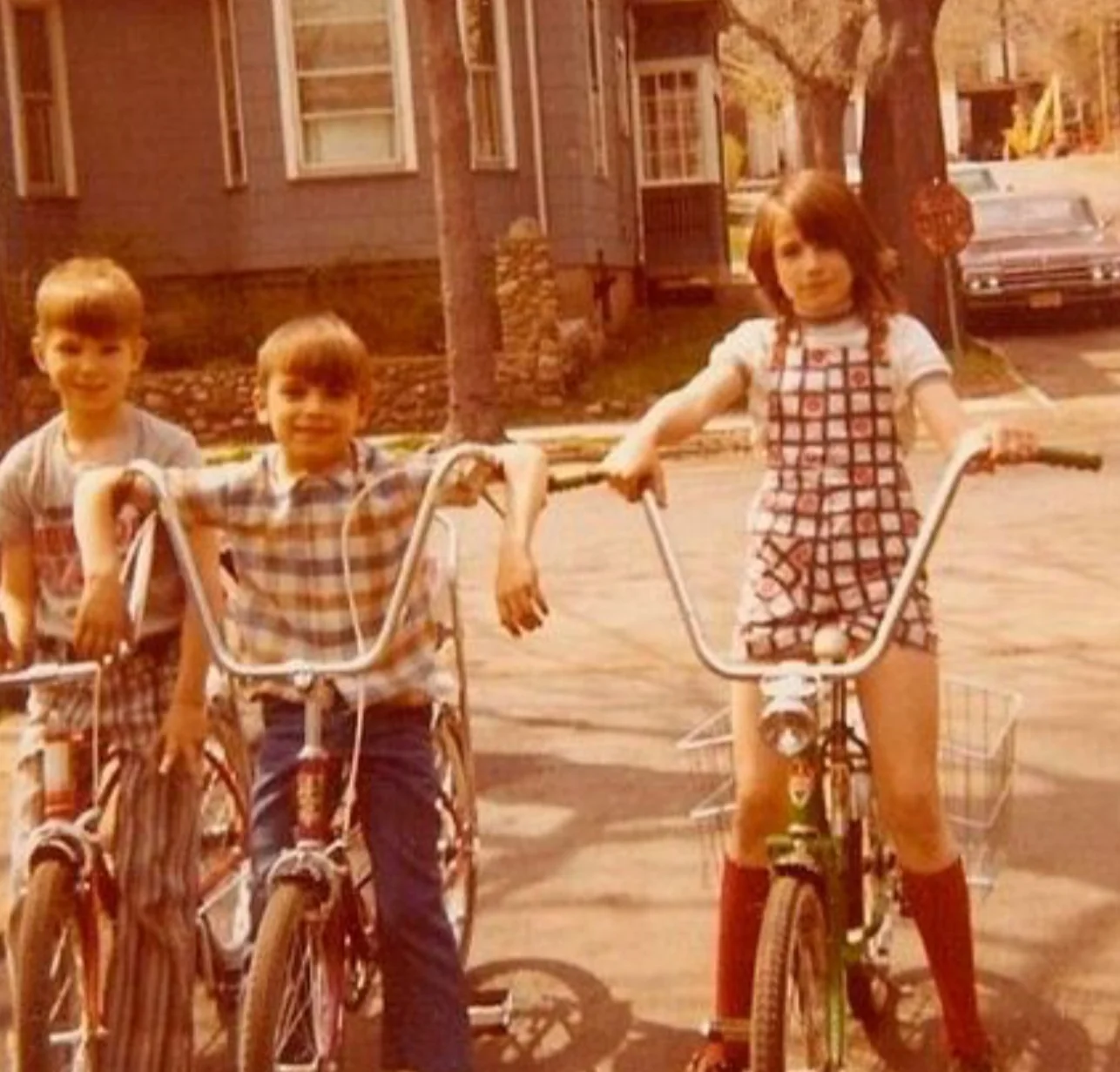Larry Webster, editor-in-chief of classic car insurance company Hagerty's new automotive publication (and the former editor-in-chief of
Road & Track) set out to see
exactly how scary an early-generation Corvair could be. He explains the inherent compromise of the early car's suspension:
"A pair of short half shafts connected the [rear] wheels to the frame-mounted differential. Only the inboard ends of the shafts could articulate, so as the suspension compressed or extended, the wheels tilted at extreme angles. This had the effect of dramatically reducing the rubber on the road. In an aggressive turn, the rear end tended to lose traction before the front, causing oversteer, or fishtailing. That wasn’t all, however. There was a chance, a slim one, that the outside rear wheel could tuck in under the body and potentially trip the car into a rollover. These effects were further exasperated when owners failed to heed the Corvair’s unconventional recommended tire pressures: 15 psi in the front and 26 psi in the rear."
Webster took two Corvairs—including a yellow four-door that, get this, was originally owned by Ralph Nader—to an airfield to see what they'd do in different cornering scenarios. Almost immediately, he experienced oversteer that only got worse as the speeds rose:
"To avoid spinning the car, I have to counter-steer almost immediately after initiating the turn. To racers, this behavior is known as “loose,” and it’s generally preferred to a front end that simply understeers, or plows. But I could see how the lightly trained driver might get into trouble. That was Nader’s point: The average driver wasn’t equipped to handle an over-steering car."
It's a nuanced examination of the car—one that's backed up with real-world testing and conversation with retired Chevrolet engineer Jim Musser, who worked on the Corvair (both the car and the court case) and eventually became head of R&D. For the record, Musser claims that Chevy kept the Corvair around longer than it would have under natural circumstances, specifically to avoid the appearance of being cowed by Nader's actions.



